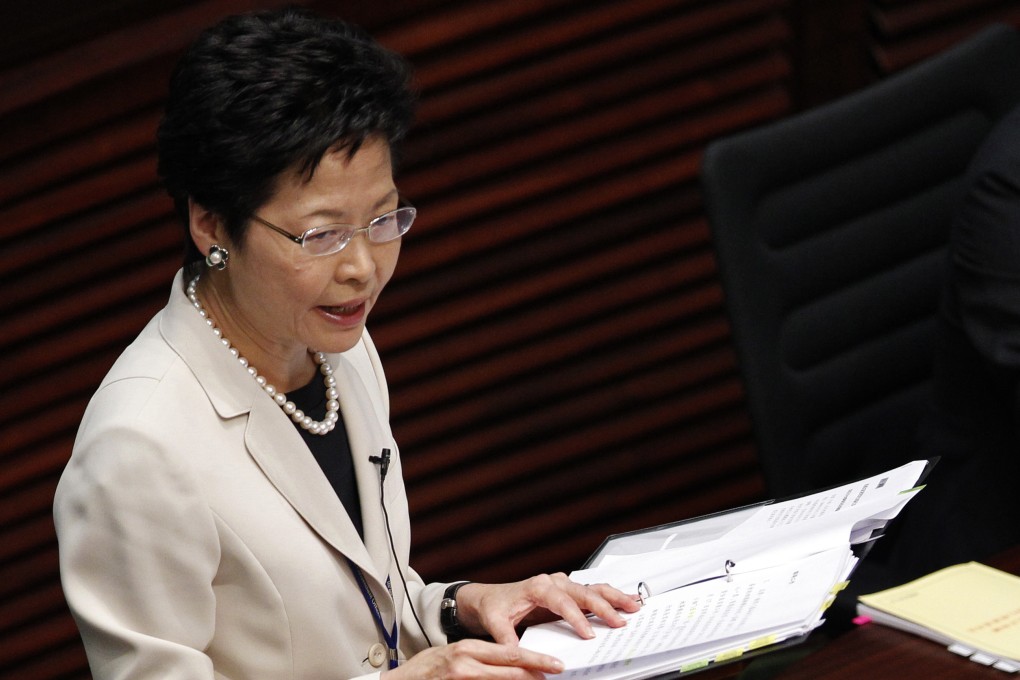
If there was a common theme between the government and the pan-democratic opposition in the Legislative Council yesterday, it is that both sides accused the other of disregarding public opinion. They are both right about each other - and wrong about themselves.
Chief Secretary Carrie Lam Cheng Yuet-ngor opened her speech by calling on the pan-democrats to respect public opinion, which clearly meant their expected rejection of the government's reform package was a rejection of public opinion.
"Public opinion is clear. The majority of Hong Kong people would like to see their right to vote being put in place in 2017 so that there will be development of political reform, instead of a stalemate," she said.
"In my experience, in my visit to districts, I can feel in general the public has a strong desire to have one person, one vote … This is a very strong public opinion."
The pan-democrats likewise cited public opinion as their guide and accused the government of manipulating it.
So pan-dem Leung Yiu-chung reciprocated by accusing the government of subverting public opinion.
